Roadmap Workshop 3: Prioritization and Shortlisting of Solutions in the Packaging Sector
The Philippine Center for Environmental Protection and Sustainable Development, INC. (PCEPSDI), through its Sustainable Packaging Towards Marine Litter Reduction Project, held a Training Webinar entitled “Development of a Private Sector Roadmap for Sustainable Packaging Workshop 3: “Prioritization and Shortlisting of Solutions in the Packaging Sector” on October 29, 2021. The webinar aims to aid the development and serve a strategic document that will guide stakeholders to make the packaging value chain more sustainable. In order to gather such data, a first workshop was conducted last August 4, 2021 with stakeholders to map out and verify social and environmental impacts of the packaging value chain, and identify the challenges and barriers to address these impacts. A second workshop was conducted last September 15, 2021 to identify and prioritize environmental hotspots and create an initial long list of solutions that can address these hotspots. These solutions will be prioritized and shortlisted during a third workshop according to certain factors such as cost, time to implement, need for other stakeholders, among other indicators. The summary of the first and second workshop was presented by PCEPSDI, Project Assistant, Ms. Andera Go, she shared first the Sustainable Packaging Towards Marine Litter Reduction Project’s three main objectives, and presented the recap of the first and second workshop. Mr. Kiko Velhagen, Project Consultant heading the development of the Private Sector Roadmap, presented the longlist of solutions as a result of the second workshop. A total of 15 solutions were listed and discussed under four main private sector solution themes, The webinar is then proceeded intro breakout sessions in where the participants exchanged solutions, and information in their respective sectors. PCEPSDI Project Officer, Ms. Nicole Gomez, concluded the workshop and provided a summarized report of all the break out session rooms. All information gathered from the three workshops are valuable inputs to the development of a Private Sector Roadmap, and as the study is nearing the end, Ms. Gomez thanked everyone who took time and shared their experiences, expertise, and insights for this study. The contents of this post are the sole responsibility of GCP and do not necessarily reflect the views of the European Union, the BMZ, GIZ or Expertise France.

